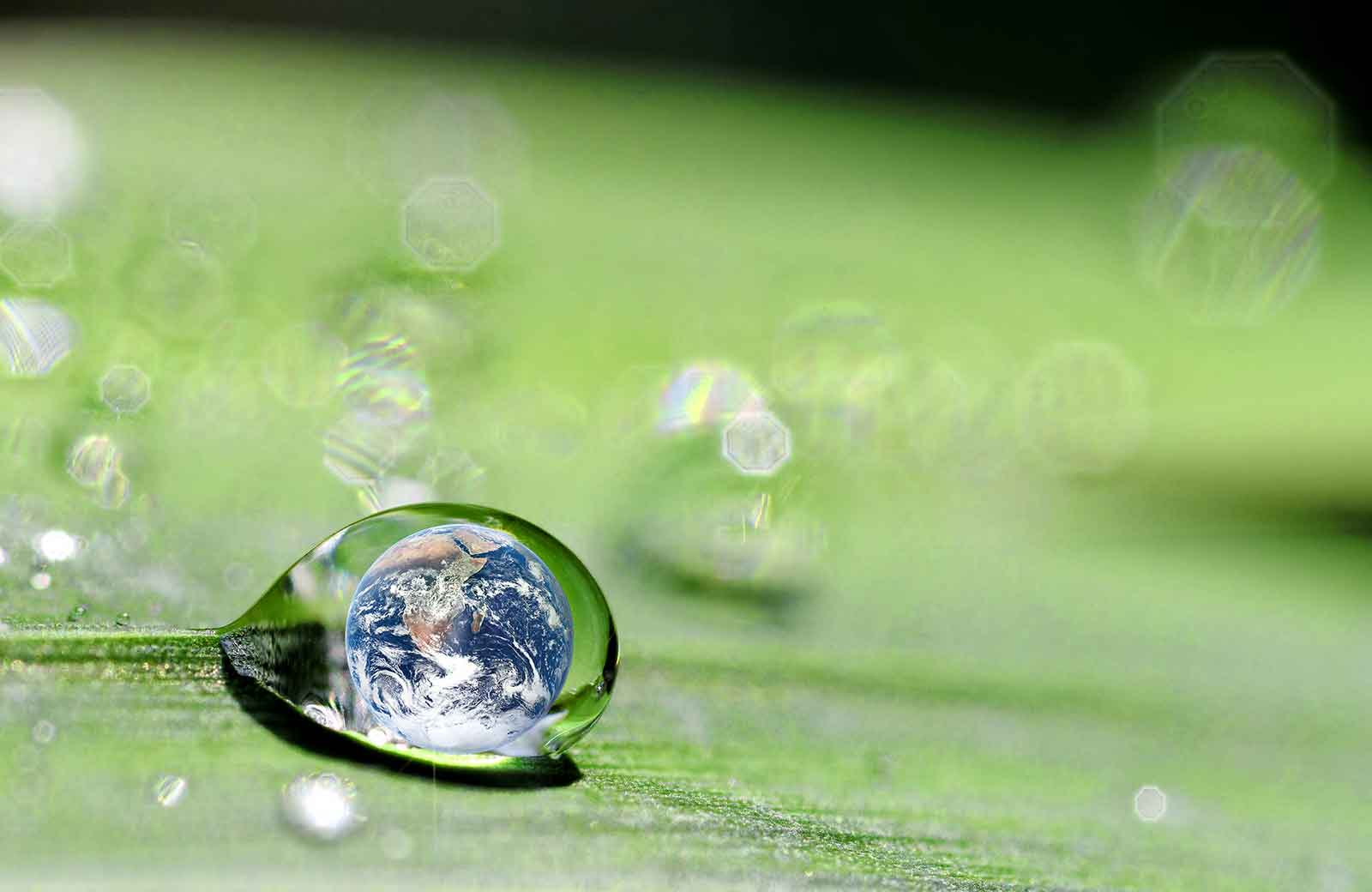
Transforming organic waste into harmless hydrochar – Evac HTC process set to revolutionize waste handing onboard ships
Just as in cities on land, the floating cities that are modern cruise liners generate huge amounts of organic waste in the form of biosludge from wastewater treatment and leftover food waste. Instead of disposing of untreated waste overboard or drying and incinerating it using energy-intensive processes, what if there was a way to transform it into a safe, hygienic, and harmless material?
Organic waste onboard ships come from two main sources: food waste and biosludge. Restaurants and galleys generate vast volumes of wet organic waste made up of food and anything else thrown away along with it. Waste from sources like toilets, showers, and sinks is handled in a vessel’s onboard wastewater treatment system, which produces biological sludge as a side product – and all this waste needs be handled in one way or another.
Disposal of untreated waste overboard, while allowed with certain limitations, is becoming a less and less attractive option for operators given the poor public image it creates; incineration eats energy and generates emissions; and offloading during port visits can mean a complicated mass of paperwork and agreements.
A simple, safe, sustainable solution
The Evac HTC (hydrothermal carbonization) process for wet organic waste handling solves all of these challenges. It’s a simple, safe, energy-efficient process that generates no emissions or plastic waste. Instead, the output is a stable, sterile char-like material that’s easy to store onboard, ready for disposal when the vessel is at port.
HTC is a water-based process that works by exposing the organic waste to increased temperature, causing it to break down into carbon molecules. The carbon can then be easily dried, leaving a material called hydrochar. The reject water from the process can be treated using existing advanced wastewater treatment system. Evac is also looking into end-use applications where hydrochar could be of benefit in the future.

The best things come in scalable packages
HTC provides a simple and easily scalable solution to a voluminous problem. The flexible, modular system consists of storage tanks, a heat exchanger, reactors, and a drying device. The HTC system does not require any more space onboard than conventional methods and can reduce the volume of wet organic waste as much as 90 %.
“The HTC process provides vessel operators with safer, more sustainable way to deal with organic waste streams using proven methods. As environmental standards become ever stricter and the pressure to cut energy consumption ever greater in the maritime industry, we believe that HTC will have a key role as part of Evac´s wet waste handling concept in the future.” Lasse Kapanen, Product Line Manager, Evac.
